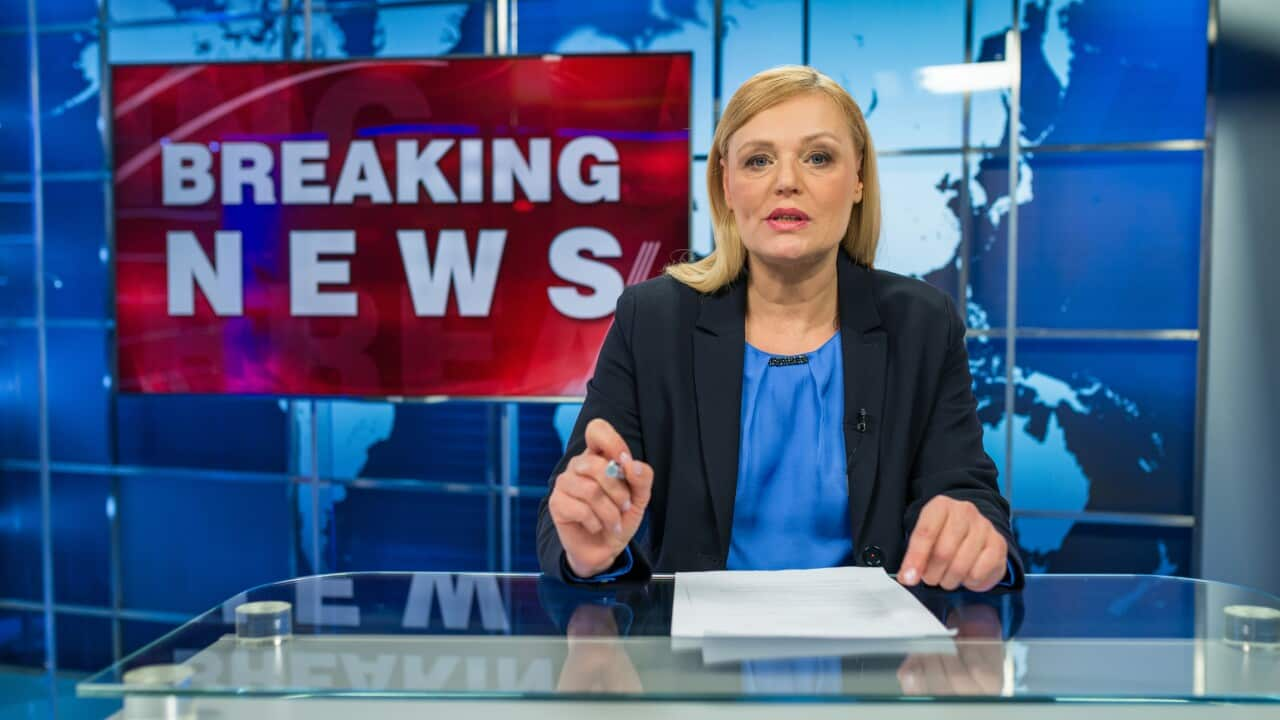When Tasmania-born started a blog called Skinny Latte to document her commitment to weight loss, she soon found herself in a clique of like-minded women. That was, until the online bullying began. The women who Moore thought were friends, started an online smear campaign by spreading rumours about her on their own blogs.
“I felt like I'd had the rug pulled out from under me,” Moore recalls, thinking back to 2007 when the bullying first started. “Everything felt numb, like it was a bad joke or a dream. I felt so deceived. And I was so frightened. These women, people I had cared about very much, had gotten so nasty, and with no explanation.”
Moore, 36, writes about how the online bullying affected her self-esteem, physical and mental health in her memoir, The Latte Years. “I had trouble sleeping and when I did sleep, I had nightmares that had me waking up in tears. Now, I'm far more wary of people and I don't trust as easily.
The women who Moore thought were friends, started an online smear campaign by spreading rumours about her on their own blogs.
“I thought things like [online bullying] didn't happen when you were an adult.”
The issue of adult online victimisation is explored in the new SBS drama series, . The show, a spin-off from The Good Wife, highlights the subject when Maia, the character played by Rose Leslie, becomes the target of online bullying by way of abusive and threatening text messages and online slander.
The TV show may be fiction but sadly, online victimisation is very real.
What does it mean when someone says they’ve been bullied online?
Dr Rebecca Dredge, a clinical psychologist and lecturer in psychology at Australian Catholic University, explains that online bullying is when an individual or group of people attack another person or group via technology.
Online bullying includes hurtful, offensive and/or unwanted comments, messages and postings (including photos and fake accounts created in your name) via phone, email, video, social media, forums, gaming websites or any other digital means of communicating.
“Online bullying has an intent to harm the victim. It aligns with traditional bullying in that it is a repeated experience,” explains Dredge.
Online bullying is in the top three cyber crimes along with online fraud and online sales.
“What we know about repetition is that the perpetrator can send out a photo of someone that's inappropriate one time and the repetition criteria of online bullying can be met.”
The good news for victims is that online bullying falls under the umbrella of cybercrime (although the law gets quite complicated on this issue and doesn’t consider all cases of online bullying as criminal).
However, according to the Australian Cybercrime Online Reporting Network (ACORN), online bullying cases made up seven per cent of all reports filed in the first quarter of 2017. That puts online bullying in the top three cyber crimes along with online fraud and online sales.
What to do if you're being bullied online
When Melbourne writer and disability activist Carly Findlay discovered her photo was screen-grabbed and posted to Reddit in 2013, she decided to . She commented on the thread, which resulted in a public apology.
Findlay and other public figures have taken to naming and shaming their bullies online by sharing screenshots of the bully's messages with their online community.
“I tend to out people who troll,” Findlay tells SBS. “It feels safer knowing that others can see it. Out the trolls on social media if you feel safe to do so.”
Although this strategy has worked for Findlay, Dr Dredge disagrees with this advice and cautions against naming and shaming online bullies.
“If we keep having these types of name and shame processes or think it's the best way to follow up victimisation experiences (by doing the same thing back at the perpetrator), I think it's fuelling the fire.”
I tend to out people who troll,” Findlay tells SBS. “It feels safer knowing that others can see it. Out the trolls on social media if you feel safe to do so.
The Office of the eSafety Commissioner recommends collecting evidence of the abuse: screen shots, emails, text messages – keep it all but don't retaliate or respond to the bully.
Moore deleted her blog and shut down emotionally as a way to escape her online bullies, something she regrets.
“Don't shut down. Don't be ashamed. Talk about it. Tell people close to you what's going on so they can help and support you. That's something I wish I'd done.”
Years later, Moore created another blog, Skinny Latte Strikes Back, which went on to win awards in the UK. Maybe that's the best revenge ever.
Strategies for dealing with online bullying
- Copy the url and screen shots of the abuse.
- Unfriend or block the bully.
- Report it via the platform's reporting methods.
- Report it to the eSafety Commissioner.
- Don't retaliate, it may be used against you.
- Tell someone you trust.
- If you feel unsafe, report it to the police and/or ACORN.
Where to get help
The Good Fight premieres as a double episode on Wednesday, 2 August at 8.30pm on SBS, continuing 9.30pm Wednesdays, with episodes available on after each episode airs.






